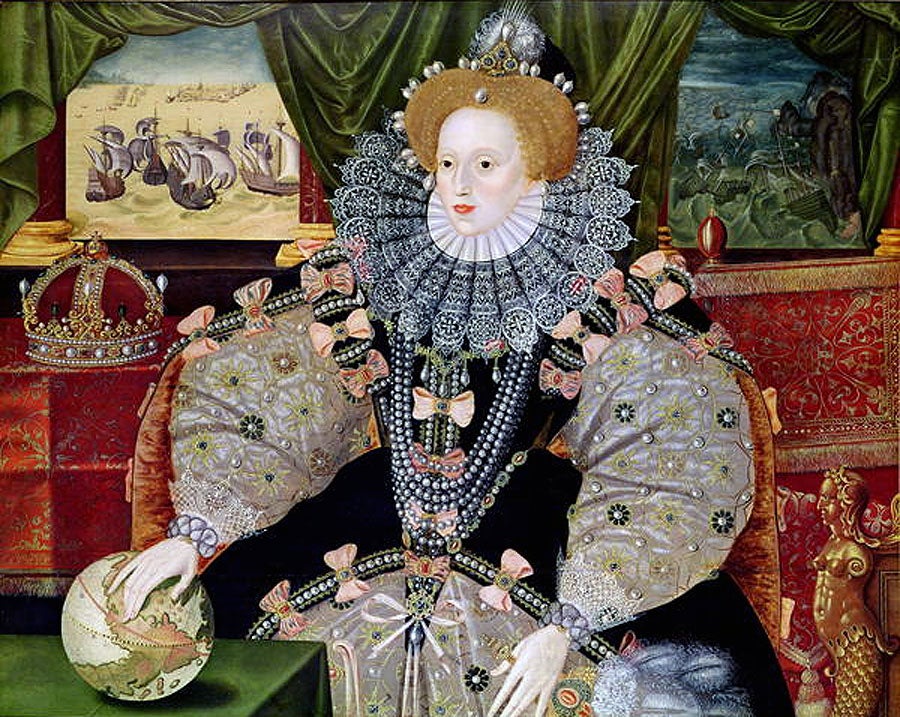John Milton’s epic poem Paradise Lost is one of the major landmarks of English literature. Less well known is his more modest poem, Ad patrem that illuminates a composer much admired by John Milton, his father.
John Milton the Elder grew up in Oxford and attended school there until his father disowned him for behavior inappropriate for a student. In 1585 he settled in London, where eventually he set up shop as a copyist or scrivener.
Apparently Milton developed into a capable composer. In 1600 England’s foremost madrigalist, Thomas Morley visited him with important news and an exciting proposition. He told Milton that Queen Elizabeth, at age 66, was beginning to desire more gentle entertainments and Morley was proposing a cheerful tribute to the finest composers in the kingdom. He invited Milton to contribute madrigals to the collection, to be known as The Triumph of Oriana. The heroine of the collection, Oriana, would represent Queen Elizabeth, and each madrigal was to end with the line “then sang the shepherds and nymphs of Diana: Long live fair Oriana.”
Stay informed on the latest news
Sign up for WPR’s email newsletter.
How could Milton refuse? And how could any other madrigalist in England? The collection soon burgeoned with contributions by the best known names in the land, including Wilbye, Thomas Tomkins, and Thomas Weelkes.
Milton contributed a cheerful six-part madrigal that must have helped to brighten the queen’s mood when the collection was performed in her presence. Morley supervised the printed edition that came out in 1603.
As for John Milton the Elder, he went on to live a long and prosperous life and is said to have had a major influence on the poetry of his famous son. He must have had a good number of outstanding madrigals to his credit before Morley came to visit him, but his only surviving madrigal is the one he contributed to The Triumph of Oriana.
Wisconsin Public Radio, © Copyright 2024, Board of Regents of the University of Wisconsin System and Wisconsin Educational Communications Board.







